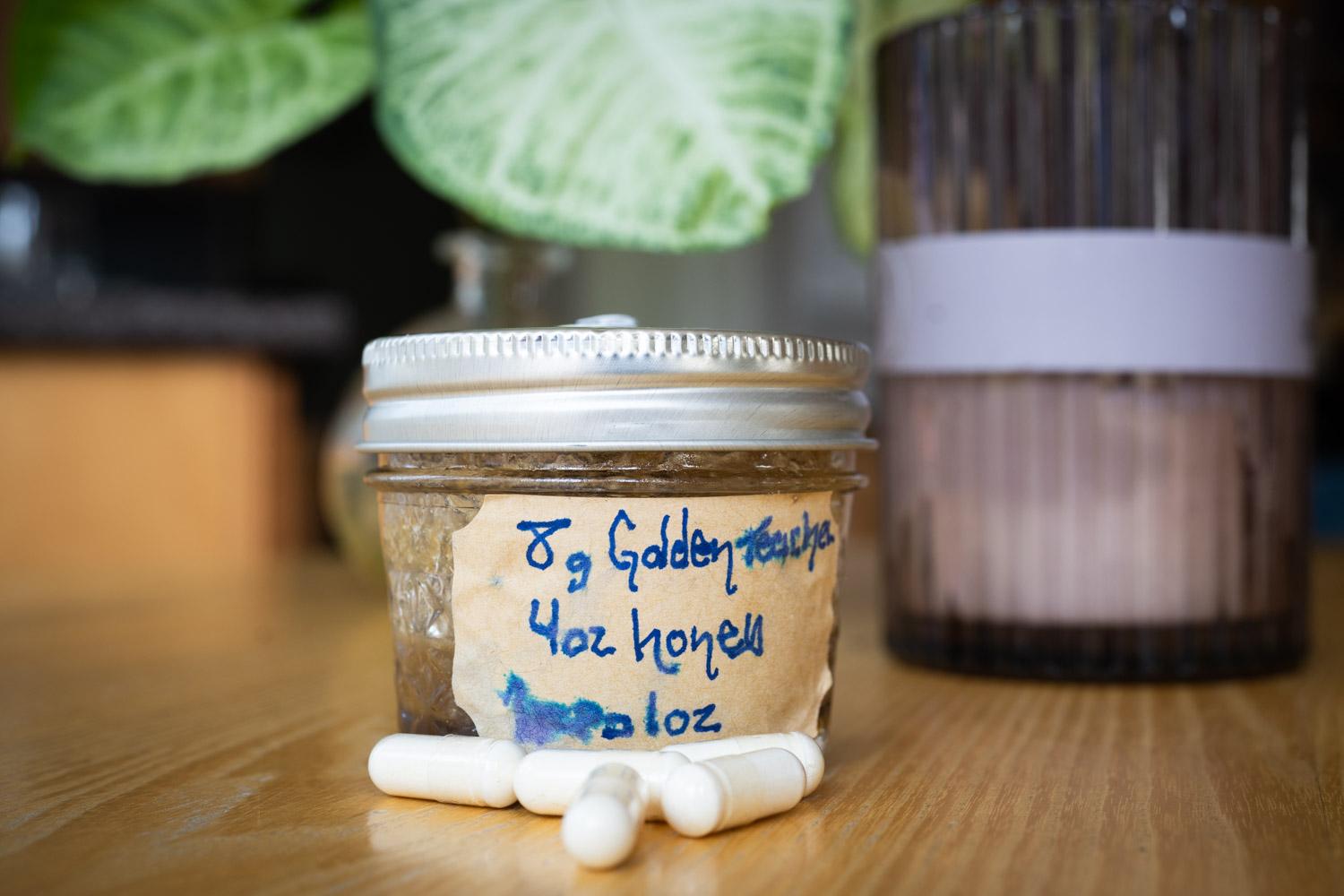
Updated 4:11 p.m. on Wednesday, Nov. 13, 2024.
Colorado Springs is considering whether to severely limit where psilocybin “healing centers” can operate in the city.
The centers would allow licensed facilitators to dispense so-called "magic mushrooms" for potential therapeutic purposes. But at a City Council meeting this week, members and city staff discussed an ordinance that would ban the centers within a mile of schools, daycares and drug and alcohol treatment centers. That would essentially make it impossible for the centers to open in nearly all of the city.
The move is similar to a regulation on recreational marijuana businesses council passed earlier this year when it pre-emptively banned marijuana shops from operating within a mile of the same type of buildings. Recreational sales of marijuana are currently not allowed in Colorado Springs, but a ballot measure to allow its sale appears headed for approval by voters after this month’s election.
Two years ago, Colorado legalized psilocybin — removing many criminal penalties related to possessing and using psilocybin mushrooms and some other psychedelic drugs. Sales and open display and consumption of psilocybin remain illegal.
The law has since allowed for the creation of an entire industry; from guided psychedelic experiences, to the opening of healing centers focused on psilocybin therapy, to a university training certificate program for psilocybin facilitators.
Only one other state, Oregon, has implemented a similar legal framework for allowing therapeutic use of psychedelics.

But Colorado Springs is beginning to explore how to regulate and limit facilities that will offer psilocybin and psychedelic treatments in the city. Since this is a statewide law, local governments must allow for the use of psilocybin. But local governments, like Colorado Springs, can regulate where, when and how it can be used.
The zoning ordinance to limit where the healing centers can operate would begin next year if approved — the same year licensing will be authorized by the state for cultivation, manufacture, testing, and clinical use of psilocybin products.
The ordinance was brought to the Council by the Colorado Springs Attorney's office and Planning Department.
“Without local ordinances regulating use, psilocybin would be allowed anywhere in the city,” said Kevin Walker, the city’s planning director, at the Council meeting Tuesday. “And so we feel that it's prudent for us to create some kind of regulatory structure.”
But City Council members had a lot of questions.
“Have there been negative outcomes [in Oregon]?” Councilmember Dave Donelson asked Walker. “I think that's what we're kind of worried about is somebody will come out of one of these [healing centers] and someone else gets hurt, they run over them with their car or whatever.”
Donelson emphasized that Walker and the rest of City Council had limited evidence and data to make an informed decision on the ordinance.
“What concerns me is that it looks like citizens pass something and then council passes an ordinance to restrict where this can occur to where we essentially push it out of the city,” Donelson said referring to the ordinance that council passed that preemptively banned the sale of recreational marijuana within the city limits.
Despite voting to ban recreational marijuana sales, Donelson told Walker, “I don't think that's a good look for Council to override the will of the citizens.”
Other Council members had similar concerns.
“I very much appreciate the desire to protect the community from negative impacts and the conservative nature of our city in terms of something that is clearly still in the being studied phase,” Councilwoman Nancy Henjum said. “But what I don't hear is the possibility of something positive — a positive outcome of this treatment and the ability to utilize it in our city. I would like for us to also have the lens of not ‘What do we need to protect ourselves from?’ but ‘What are the opportunities for treatment in our city?’”
Council President Randy Helms and Councilmember David Leinweber also echoed Donelson and Henjum’s concerns.
“I hear this land planning issue that you're addressing,” Leinweber said to Walker. “But it has this medical public safety component that I think that's what I need more information on.”
Walker had few answers to city council’s questions and said he would have more information and data to present to them at the next hearing.
“This ordinance is conservative with what we consider to be a bit of an experimental industry until there is better data and historical references,” Walker told City Council.
Colorado Springs City Council will hold a public hearing on the ordinance in two weeks.









